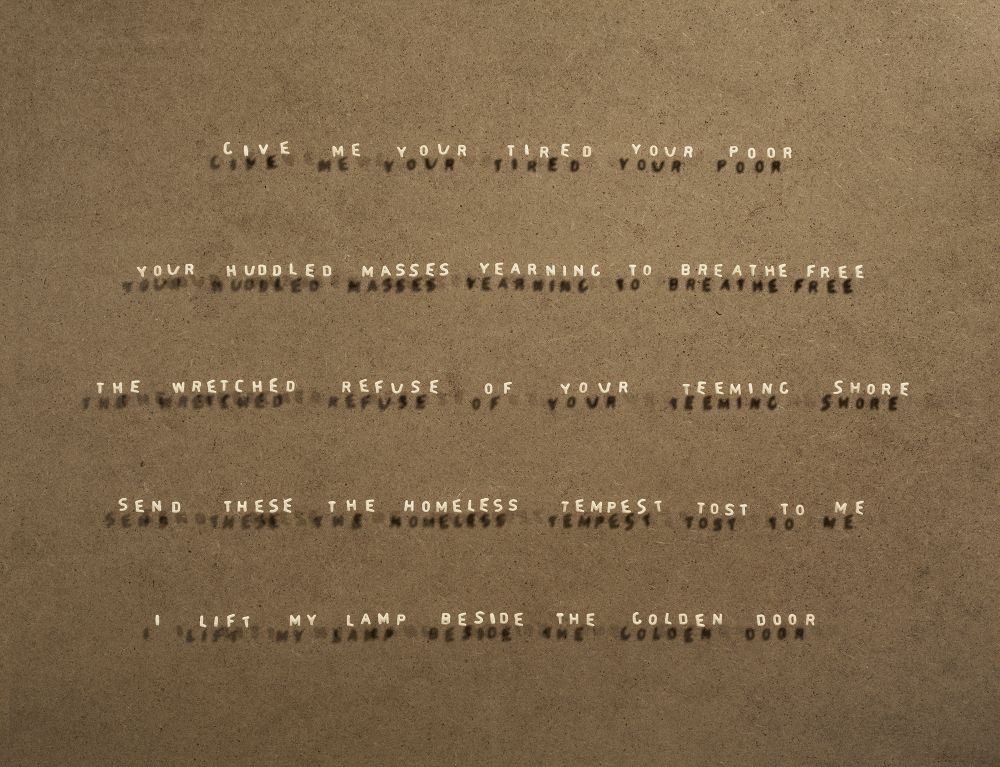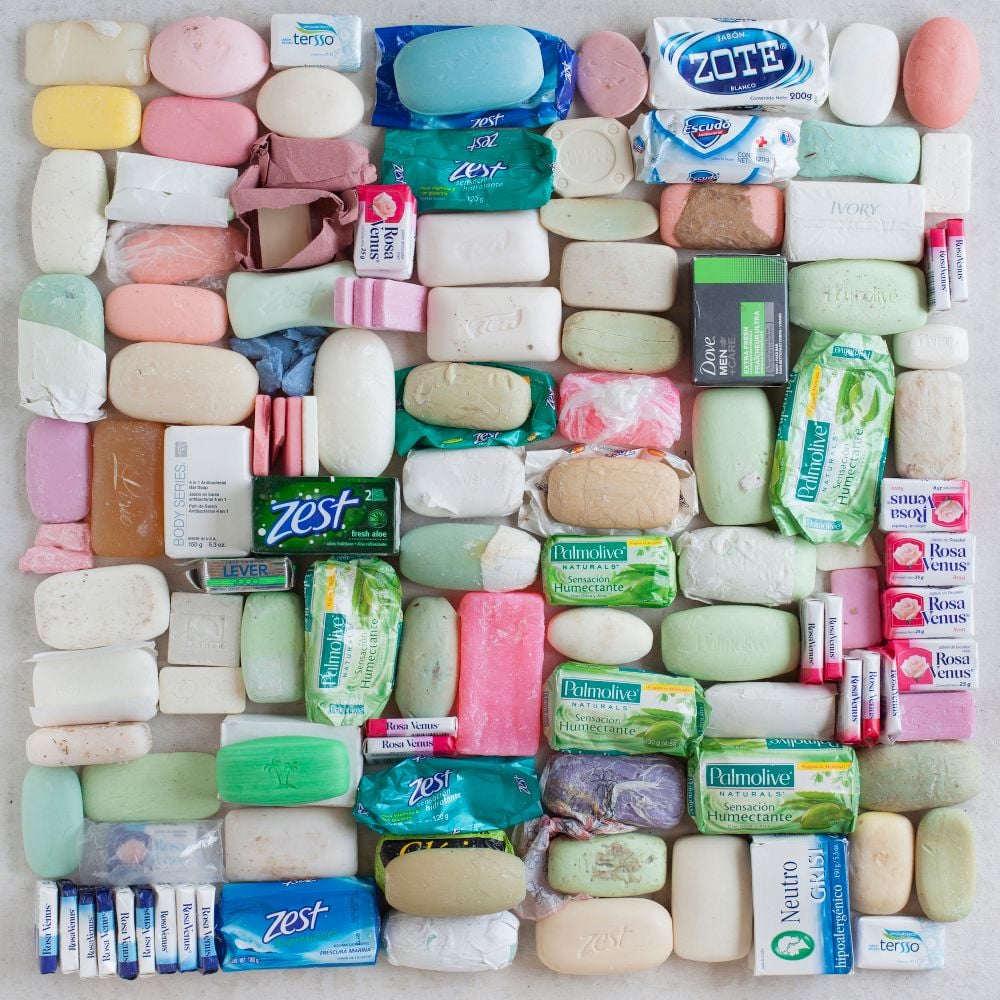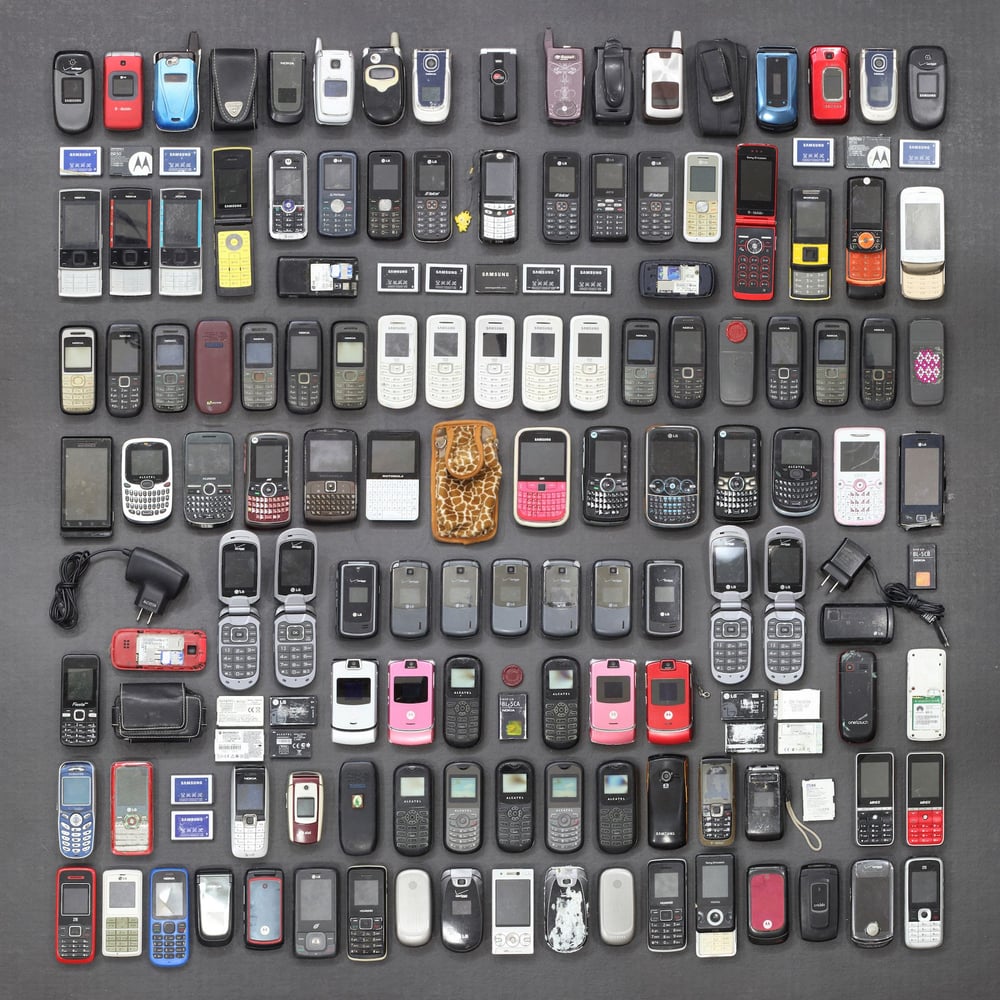Across media outlets around the world, the troubling treatment of migrants and refugees has surfaced as a global crisis. Journalists working in different mediums reveal the appalling dehumanization of individuals through both written word and visuals alike, from the detention and separation of parents and children in the United States, to the forceful confiscation of personal belongings in Denmark. Visually, these unjust moments are often communicated through classical photojournalism, with people as the main subject matter in each shot. But as the crisis of arbitrarily enforced borders heightens, photographers and other artists are turning to new ways to visualize the harsh treatment of individuals on the path to survival.

In particular, photographer Tom Kiefer uses his camera to make us think about
the issues with migration that often fall through the cracks—the heartbreaking
moments that don’t get to make the news because their profundity cannot be
properly expressed in words. Instead of taking photos of the migrants
themselves, he makes pictures of their personal objects that were confiscated
and tossed aside by law enforcement.
As is true with most intimately profound work, Kiefer happened upon the unique
subject matter by accident. He explains, “During my fourth year working as a
janitor at a U.S. Customs and Border Patrol processing facility near Ajo,
Arizona, I asked my supervisors for permission to retrieve objects from the
trash—the cans of food carried by migrants—and bring them to our local food
bank. When I started collecting the food, I saw what was also being thrown out
by border agents: migrants’ personal items such as rosaries, bibles, wallets,
shoes, toothbrushes, clothing, belts, and family photos.”

© Tom Kiefer
Kiefer immediately had a moment of pause upon seeing these sentimental items so ruthlessly tossed in the trash. “This confiscation of personal belongings struck me as wrong. The cruelty of stripping away such personal items from vulnerable people is dehumanizing for both those whose belongings are taken from them and those who enforce this unjust policy. But being a janitor, I was in no position to speak up, fearing risk of being fired.”
And so he collected them, caring for the objects until he could figure out what to do with them, and how to communicate their poetic importance in such a global crisis. That’s when he turned to his camera. “After years of experimenting with different ways to photograph these belongings—that visualizes both my respect for those who chose to carry them north towards our country’s border and my outrage at this arbitrary and inhumane practice—I decided to create the project El Sueño Americano/The American Dream,” he says.

The images range from items of clothing to bars of soap to cellphones, all of varying importance with an equal message. At first they seem like obsessive assemblages organized by a peculiar collector, but when we realize the weight of these everyday objects, their deeper meaning rises to the surface and provides a new visual language for communicating about our global issues with migration. Kiefer reflects, “It is my hope that this work encourages people to connect with their own sense of human decency, and to advocate for the better treatment of immigrants not just in the United States, but everywhere.”
Editor’s Note: Tom Kiefer is the 2nd Place Series winner of our LensCulture Art Photography Awards 2019. You can check out the other amazing work by our other winners, juror’s picks and finalists here!












